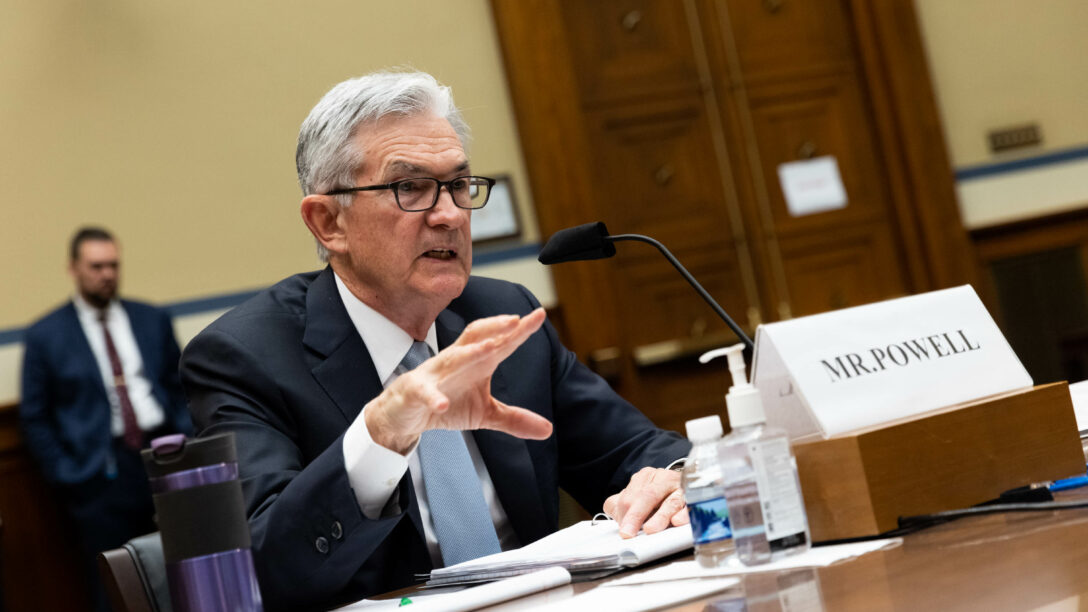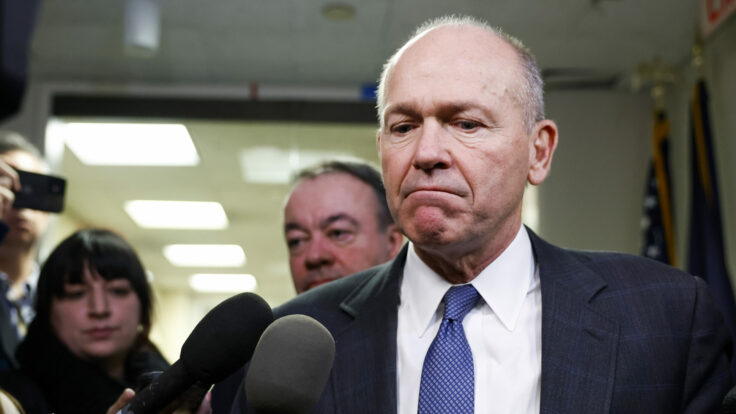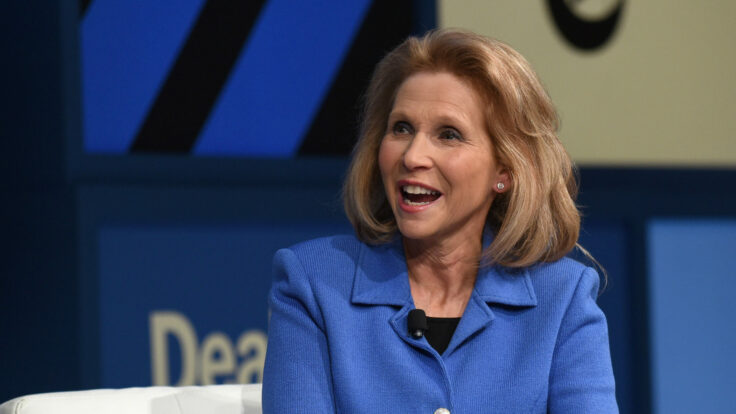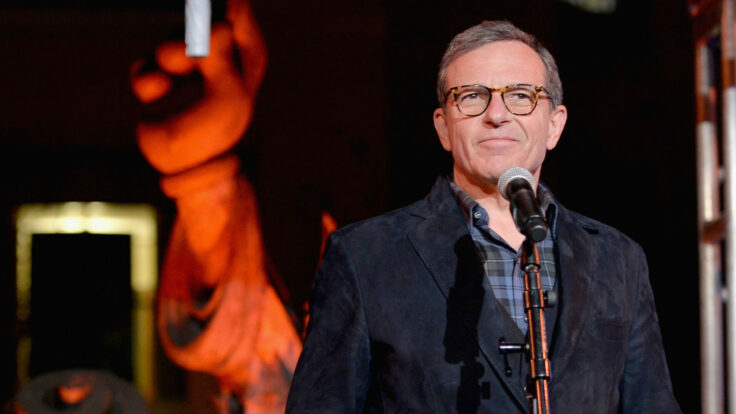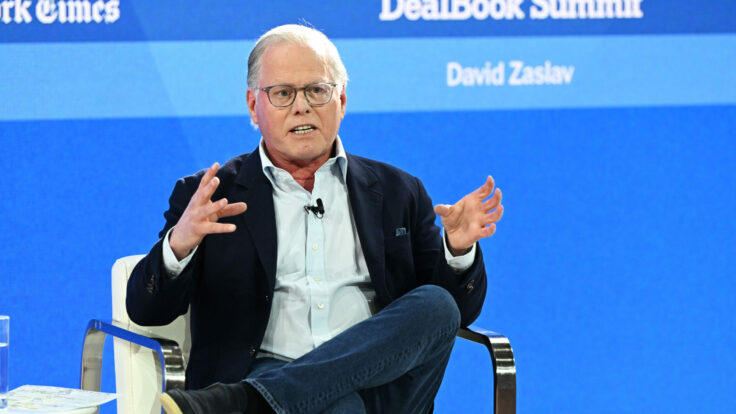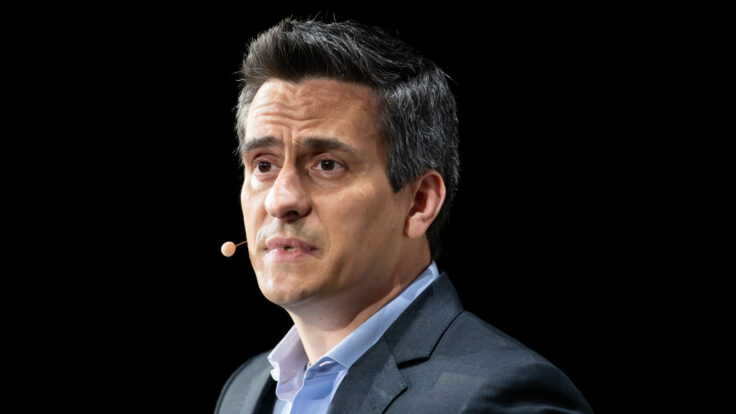Since I began writing my column for Puck, I’ve been inundated with feedback about Wall Street’s biggest characters and concerns. I’ll be engaging with some of those questions here—in addition to a few observations of my own.
Nobody seems to agree on when the Fed should begin “tapering” its historic asset purchases or how much inflation risk really exists in the economy. Given all that, do you think Biden will renominate Jay Powell as Fed Chair, or potentially pick his own man … or woman?
